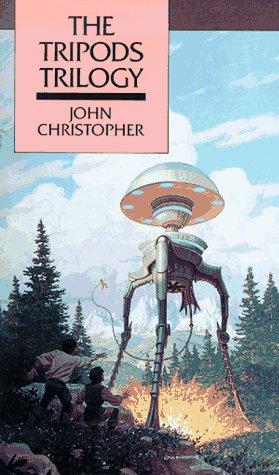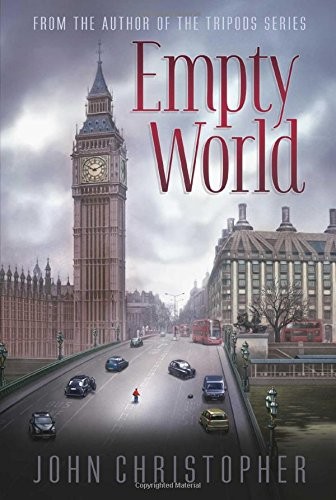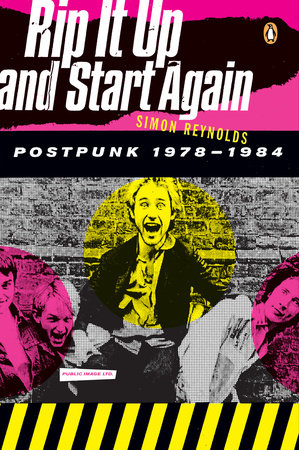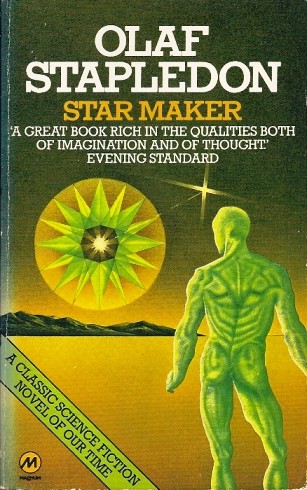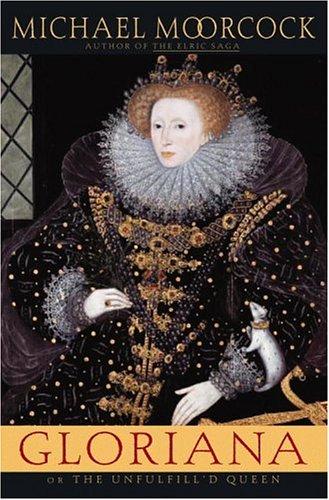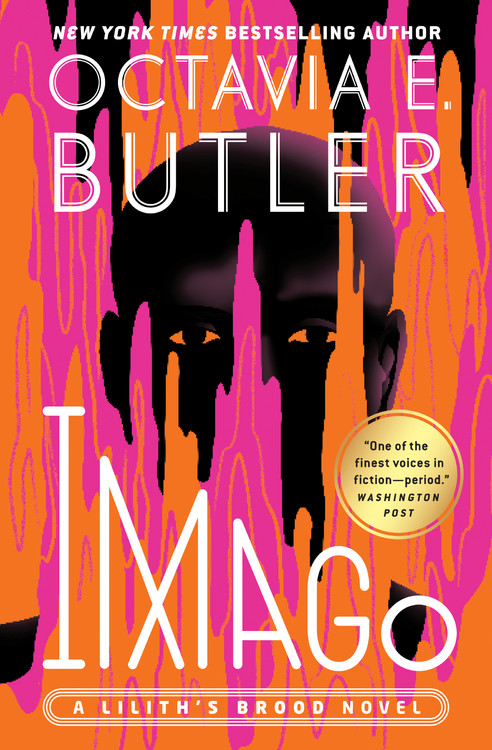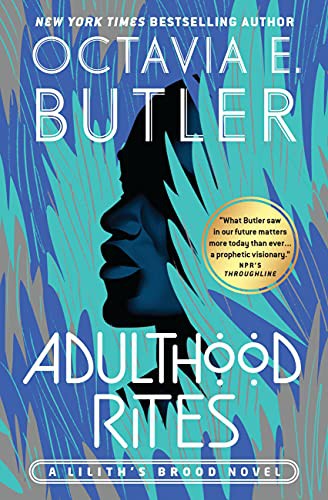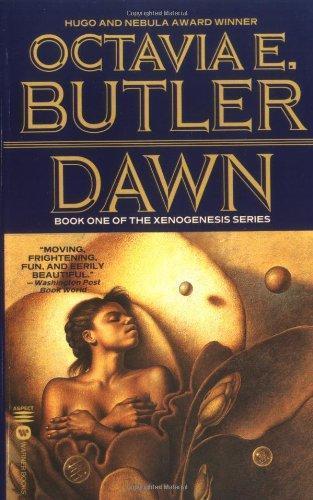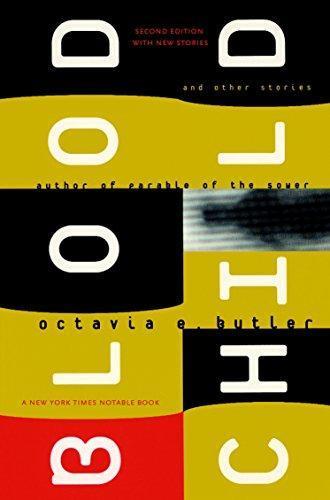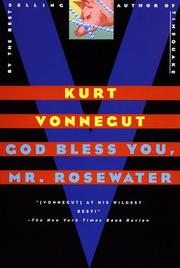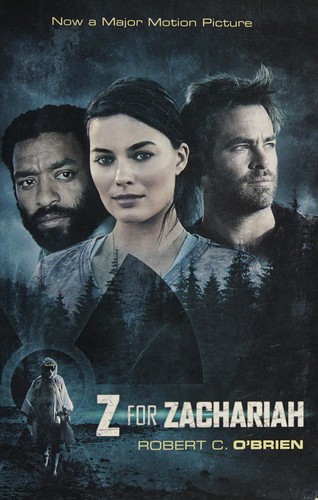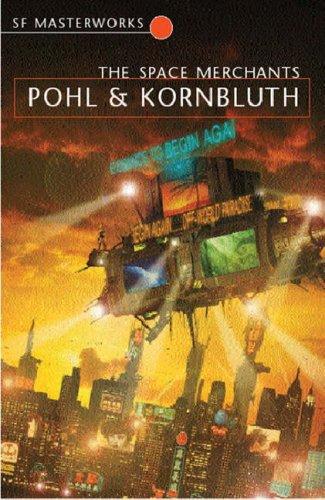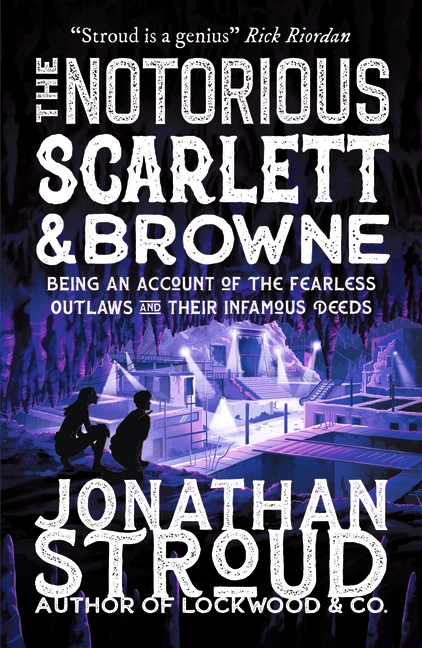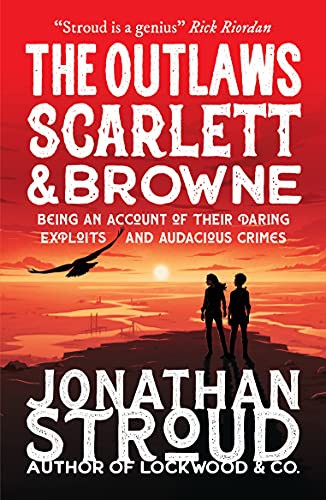A great but flawed SF series for young readers
4 stars
Re-reading these books after about 20 years, the thing I like most about them is still the concept of the caps. In the future earth under alien occupation, at the age of 14 all humans have one of these metal mind-control devices fitted to their heads, making them unquestioning, devoted slaves of their alien overlords. The trilogy was written in 1967 and '68, a time when young people were breaking free of the stifling expectations of conformity laid down by their parents' generation, and I've always associated "The Tripods" with the cultural explosion in the decade of my birth.
The story follows a group of boys who question the tradition of capping, and run away to escape the terrifying coming-of-age ritual . Over the course of three books, they join a resistance movement and eventually triumph over the Tripods. Some might find the 'Boys Own Adventure' style of the plot …
Re-reading these books after about 20 years, the thing I like most about them is still the concept of the caps. In the future earth under alien occupation, at the age of 14 all humans have one of these metal mind-control devices fitted to their heads, making them unquestioning, devoted slaves of their alien overlords. The trilogy was written in 1967 and '68, a time when young people were breaking free of the stifling expectations of conformity laid down by their parents' generation, and I've always associated "The Tripods" with the cultural explosion in the decade of my birth.
The story follows a group of boys who question the tradition of capping, and run away to escape the terrifying coming-of-age ritual . Over the course of three books, they join a resistance movement and eventually triumph over the Tripods. Some might find the 'Boys Own Adventure' style of the plot to be rather old-fashioned and obvious, but I greatly enjoyed its pulpy simplicity. The set-up is acknowledged to be a remix of "The War of the Worlds" by H.G. Wells, so it fits.
On this re-reading I was also struck by the clear influence on the Second World War on the story. The main characters of the book are English, French and German. The domination of the Tripods and their plan for the extinction of humanity is an echo of the Holocaust. In the preface to the 35th anniversary edition, the author says he wanted to create a scenario where yielding to tyranny and slipping into mindless oblivion was the easy option, while those who chose freedom and the righteous fight against tyranny faced hardship and danger.
The warlike nature of humanity is another theme. Once the alien enemies are defeated, the triumphant men (for they are all men) resume the rivalries which preceded the occupation. The boys (ALL boys) who defeated tyranny take on a new cause of peace. They've also developed an appreciation for low-tech pursuits like farming and sailing. In the age of surveillance capitalism, the controlling addiction of apps and manipulative social media is a modern parallel to the caps which John Christopher probably never imagined in 1967.
For the second time in a review of John Christopher's work, I have to highlight the dismal representation of gender roles in these books. Girls and women are barely even present in the events portrayed. I took a star off for this reason. It's a terrible shame when the other themes in the book are so strong. The author refers in his preface to the "girls and boys" who read his books, but I can understand why he would fail to capture the imagination of many female readers. If any boys read these books today, I think they would benefit from some guidance to draw their attention to this deficiency.

